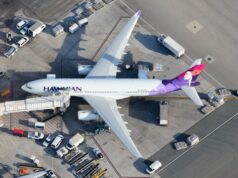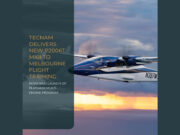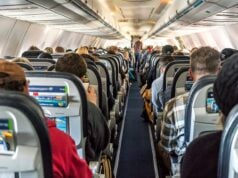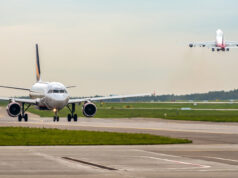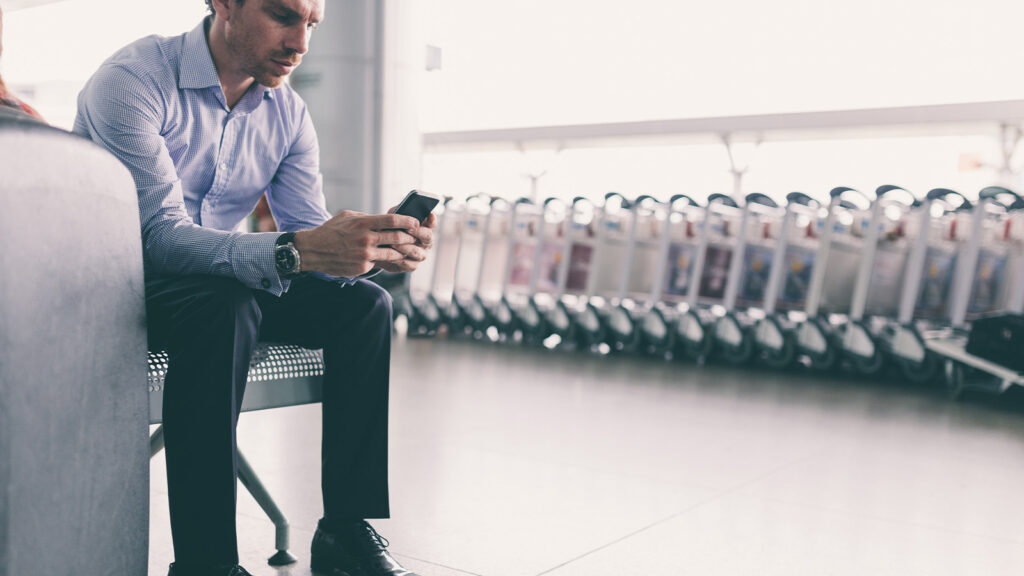
Following-up on last month’s article on managing yourself when disaster strikes at home, this article is about where to get assistance as you activate your ground emergency plan. Although many of the resources outlined below can help you on any average day flying the line, some of these may be especially helpful when you cross paths with life’s inevitable disasters.
If you are out flying and something happens at home, take measure of yourself and your trip exit plan before you call the company to get out of the trip. Staying on the trip might be the best option if you are fit to continue; or if you determine that leaving the trip is the best option, having an idea of what your plan is might help facilitate a conversation with the company regarding getting home.
All the large airlines obviously have their own travel apps and this is a good place to start if you need to go by air. ALPA has a fantastic feature (Jumpseat Finder) within the members’ app for locating direct flights as well as combinations of flights (passenger and cargo) to help you get home, also providing listing instructions. Your airline’s intranet site likely has a travel link that can provide instructions for securing tickets on other carriers as well as listing procedures for flights. Moreover, do not overlook jumpseating on FedEx, UPS, and other cargo carriers. These might be your best bet for getting home quickly, especially if it is late in the day and you need to get going now.
Perhaps driving is a solution or you will need a car once you get to where you need to be. All the car rental companies have apps too, but Turo (the Airbnb of cars) might be a solid (and more economical) choice depending on your current location and destination. Same thing goes for hotels. Having a few preferred chains’ apps downloaded with memberships set up in advance makes securing a place to stay quick and easy.
Amtrak or state and local train services are not to be overlooked because sometimes the railroad might really be your best option. Do not rule out an alternative when things are going sideways. The key is having thought about this in advance and having numbers and apps at the ready in the event you run into a problem.
Once you have a plan, professional assistance is next, and we highly recommend starting with your union’s or pilot-group’s resources. This will likely be your local council’s pilot representative who can advise and assist you with making arrangements and contacting the company to exit a trip or have a trip dropped in advance, if required. Personal assistance may also be available, such as ALPA’s Pilots4Pilots (P4P) fund, which provides monetary assistance to members in the wake of catastrophic events. Other committees can also help you request leave for family and parental issues should this be needed.
If (and these have happened) you experience the death of a loved one while out on a trip or receive notification that your significant other is leaving you or has filed for divorce, immediately consider removing yourself from the trip. Then, think about reaching out to a trusted friend or family member to help with arranging transportation and accommodations – especially if you need a place to go other than your actual residence should the situation call for it.
Once you have a plan in place, contact your chief pilot’s office, flight duty manager, or crew-scheduling desk regarding removal from a trip and or dropping trips as necessary.
After you get moving in the right direction, consider contacting your union’s or pilot group’s peer-support program for help dealing with an elevated level of stress and emotion. If you are uncertain of what committee or person to call, always start with your local pilot representative.
Lastly, having phone numbers for family, friends, and neighbors is always a great idea, but in the event of a stolen or destroyed phone, make sure you have key information written down and keep it with your flight kit.
Continue building your ground emergency plan and we will see you next month for another installment of things to consider when disaster strikes.
















